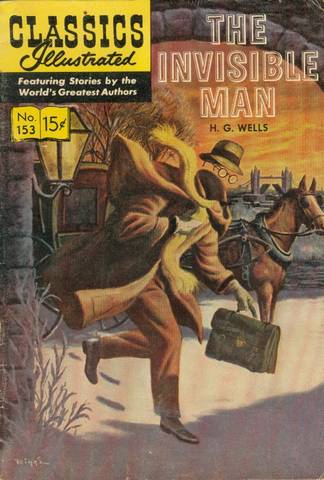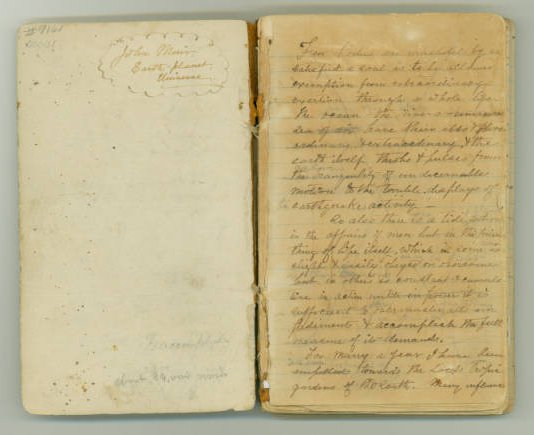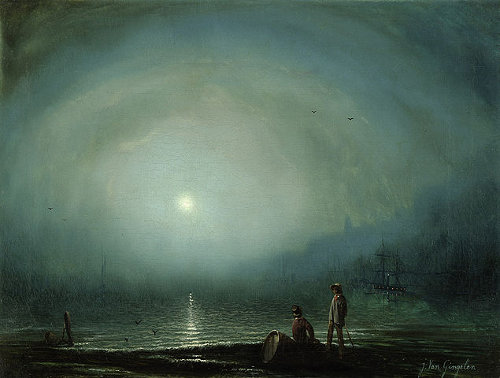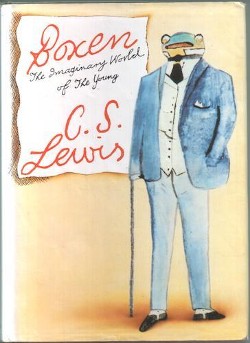In 2009 experimental poet Robert Fitterman erased most of The Sun Also Rises, retaining only phrases that begin with the word I. The result can sound strangely like the diary entry of a random Saturday afternoon:
I went up to the flat. I put the mail on the table. I heard the door-bell pull. I put on a bathrobe and slippers. I filled the big earthenware jug with water. I dressed slowly. I felt tired and pretty rotten. I took up the brandy bottle. I went to the door. I found some ash-trays and spread them around. I looked at the count. I had that feeling of going through something that has already happened before. I had the feeling as in a nightmare of it all being something repeated, something I had been through and that now I must go through again. I took a note out of my pocket. I looked back and there were three girls at his table. I gave him twenty francs and he touched his cap. I went upstairs and went to bed.
Of Hemingway, Tom Wolfe said, “People always think that the reason he’s easy to read is that he is concise. He isn’t. The reason Hemingway is easy to read is that he repeats himself all the time, using ‘and’ for padding.”






